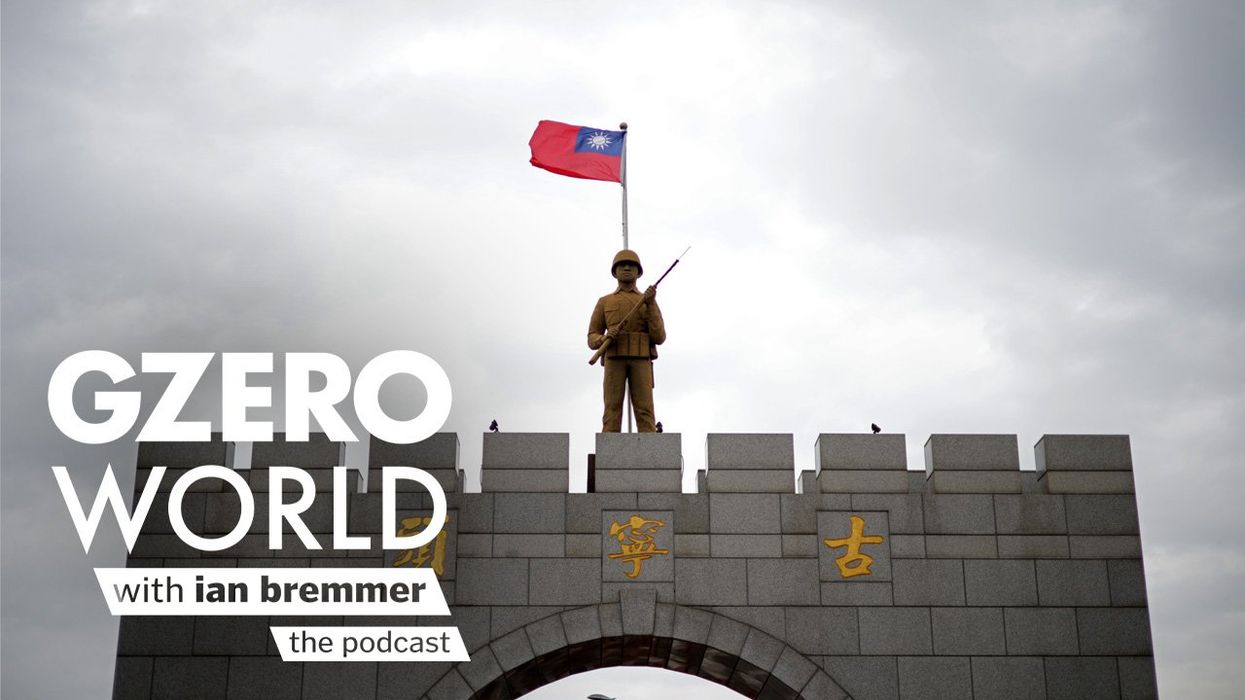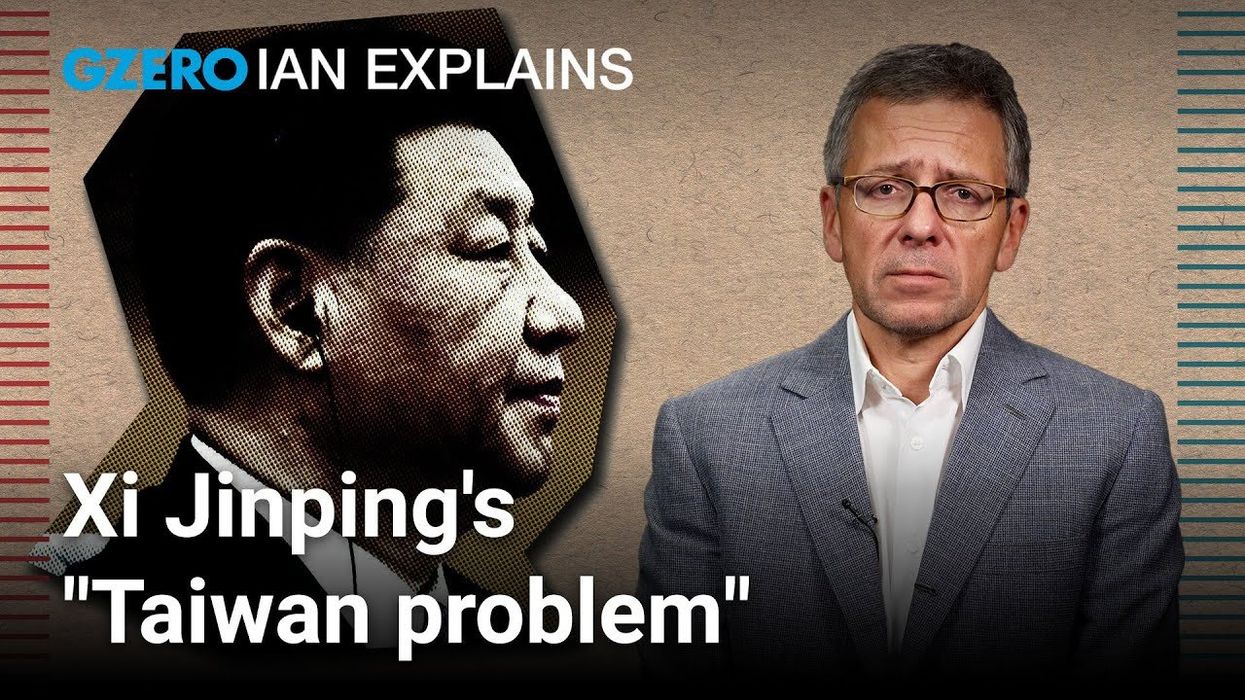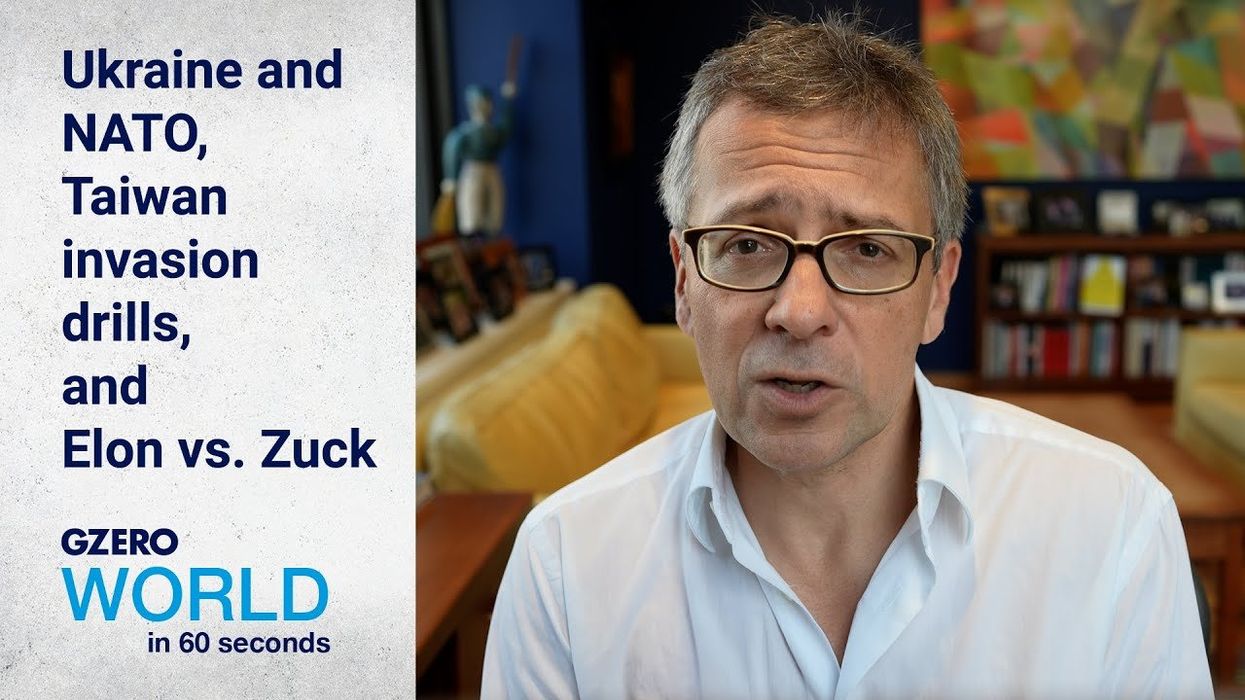GZERO World with Ian Bremmer Podcast
Taiwan's strategy for countering a Chinese invasion, with Bonny Lin of CSIS
Tensions are rising on the Taiwan Strait. Could Beijing and Taipei be heading toward war? Bonny Lin, director of the China Power Project at CSIS joins Ian Bremmer on the GZERO World Podcast.
Jun 07, 2025



